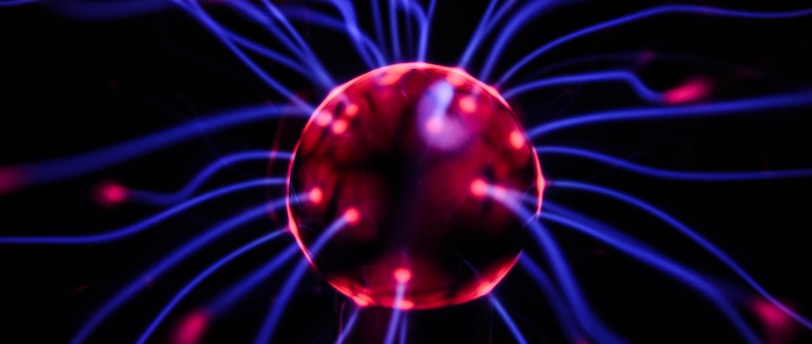Fluoride and the Damaging Side Effects to the Pineal Gland
ORAL HEALTH: MOUTH & BODY CONNECTION
6/20/20232 min read


The pineal gland, a tiny endocrine gland located deep within the brain, has been the subject of much fascination and research due to its role in regulating various bodily functions, including sleep patterns and hormone production. An intact and functional pineal gland is necessary for preserving optimal human health. Unfortunately, this gland has the highest calcification rate among all organs and tissues of the human body. Recent studies have raised concerns about the potential harm fluoride may have on this vital gland. In this blog post, we will explore the connection between fluoride and the pineal gland, shedding light on why it is crucial to consider the potential health risks associated with fluoride.
Fluoride Accumulation: One of the primary concerns regarding fluoride is its propensity to accumulate in various tissues throughout the body, including the pineal gland. Research has shown that the pineal gland can accumulate higher levels of fluoride compared to other tissues and organs in the body, potentially affecting its normal functioning. High fluoride levels are positively correlated with calcium accumulation according to scientific literature published by the National Institute of Health.
Pineal Calcification (PGC): The calcification of the pineal gland has been underestimated in the past, but recent imaging techniques reveal its high incidence in humans. PGC is associated with decreased melatonin levels and various pathological conditions, including neurodegenerative diseases, migraines, sleep disorders, and brain tumors. PGC reduces cerebrospinal fluid (CSF) melatonin levels, disrupts its rhythm, and contributes to insomnia, migraines, and increased neuronal damage from reactive oxygen species (ROS).
Impact on Melatonin Production: Melatonin plays a vital role in promoting restful sleep and regulating the body's internal clock, also known as the circadian rhythm. Studies have suggested that fluoride's presence in the pineal gland can interfere with the production and secretion of melatonin. This disruption can have widespread effects on sleep quality, potentially leading to insomnia, sleep disturbances, and an increased risk of various health issues associated with inadequate sleep.
Potential Effects on Puberty: The pineal gland also plays a significant role in the timing of puberty and the regulation of reproductive hormones. Research has indicated that fluoride's impact on the pineal gland may disrupt the normal onset of puberty and interfere with the delicate balance of reproductive hormones. While more studies are needed to fully understand this connection, it raises concerns about the potential long-term effects of fluoride exposure on the development and reproductive health of individuals.
Limits Spiritual Awakening and Consciousness: Also known as the "third eye" by spiritualists and mystics alike, the pineal gland holds the key to our innermost realms of perception. Yet, fluoride infiltrates its delicate structure, hindering the synthesis of essential neurotransmitters and disrupting the intricate harmony between mind, body, and spirit.
Conclusion:
Preserving a healthy and functional pineal gland is critical for optimal human health. Eliminating the use of fluoride products will improve longevity and promote a happier life. It is important that we make conscious decisions and factor scientific research on adverse health effects when using fluoride products.
Sources:
Tan DX, Xu B, Zhou X, Reiter RJ. Pineal Calcification, Melatonin Production, Aging, Associated Health Consequences and Rejuvenation of the Pineal Gland. Molecules. 2018 Jan 31;23(2):301. doi: 10.3390/molecules23020301. PMID: 29385085; PMCID: PMC6017004.
Chlubek D, Sikora M. Fluoride and Pineal Gland. Applied Sciences. 2020; 10(8):2885. https://doi.org/10.3390/app10082885
Subscribe to our newsletter
MEDICAL DISCLAIMER
This content is for informational and educational purposes only. It is not intended to provide medical advice or to take the place of such advice or treatment from a personal physician. All readers/viewers of this content are advised to consult their doctors or qualified health professionals regarding specific health questions. The publisher of this content takes no responsibility for possible health consequences of any person or persons reading or following the information in this educational content. All viewers of this content, especially those taking prescription or over-the-counter medications, should consult their physicians before beginning any nutrition, supplement or lifestyle program.
